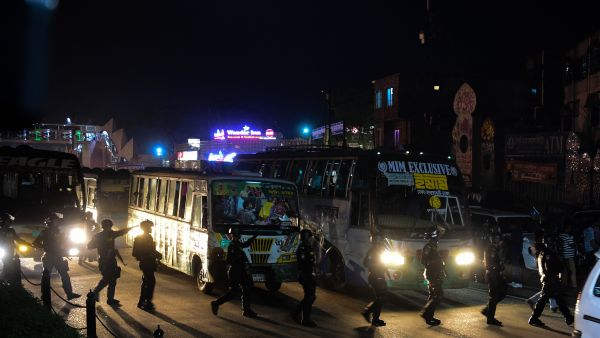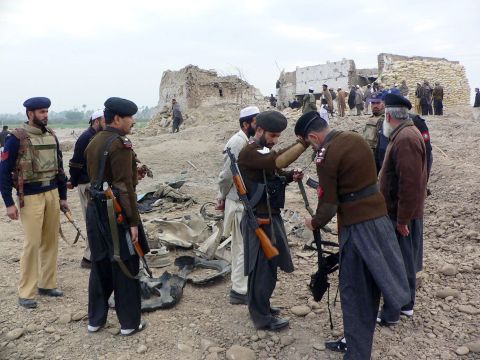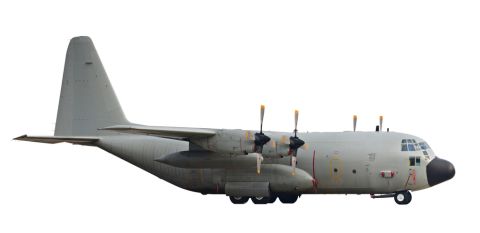ALBAWABA- A series of deadly explosions has rocked South Asia over the past 48 hours, leaving at least 25 people dead and dozens injured, in what officials fear may signal a wave of coordinated extremist violence.
In Bangladesh, three crude bomb blasts struck passenger buses in Dhaka early Tuesday, killing two and wounding 15 others during morning rush hour.
The explosions, which ripped through busy routes in the Sutrapur and Mirpur districts, set vehicles ablaze and scattered shrapnel across the streets, prompting a citywide lockdown.
Police detained a suspect allegedly tied to the ousted Awami League’s student wing, suggesting political revenge attacks against interim leader Muhammad Yunus’s government. No group has yet claimed responsibility.
The Dhaka attacks followed two major incidents on Monday: a car bomb near Delhi’s Red Fort that killed 13 people, and a suicide bombing at an Islamabad court early Tuesday that left 12 dead and 27 injured.
Indian officials have pointed to the Pakistan-based militant group Jaish-e-Mohammed, citing traces of ammonium nitrate found at the Delhi site. Pakistan, meanwhile, blamed the Islamabad strike on the Tehrik-i-Taliban Pakistan (TTP), rejecting suggestions of Indian involvement.
While investigators across the three SAARC countries have yet to establish clear links, the near-simultaneous attacks have heightened fears of cross-border extremist coordination. India has tightened patrols along its borders with Pakistan and Bangladesh, while regional security officials discuss potential joint counterterror measures.
Former Bangladeshi Prime Minister Sheikh Hasina condemned the Delhi bombing and called for “regional solidarity against terror.” Analysts warn that shared explosive designs and online radicalization networks could indicate broader collaboration among militant cells.











